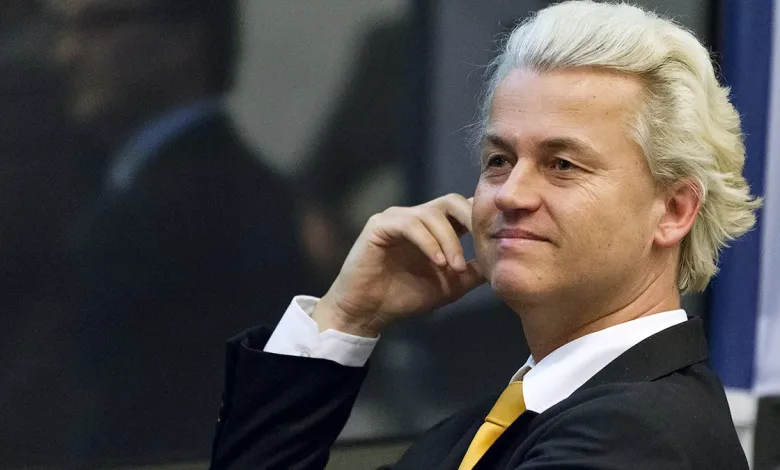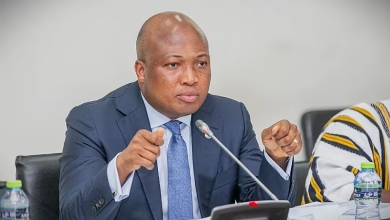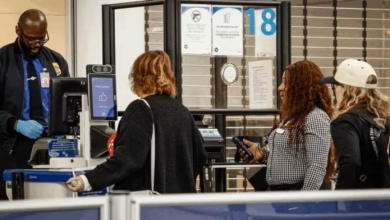Netherlands Charges Pakistanis with Incitement to Kill Geert Wilders

- Seeks Pakistani help for Wilders case.
- Suspects didn't appear; no treaty with Pakistan.
- Khalid Latif got 12 years for plotting Wilders’s murder.
- Wilders highlighted 20 years of reduced freedom.
Dutch authorities have requested legal assistance from Islamabad to question two Pakistani suspects accused of inciting the murder of far-right politician Geert Wilders. However, due to the lack of a mutual legal assistance treaty between the Netherlands and Pakistan, the suspects did not appear in court. Neither man had legal representation present during the proceedings.
Muhammed Ashraf Jalali, a 56-year-old religious leader, is charged with promising his followers “rewards in the afterlife” for killing Wilders. Saad Hussain Rizvi, leader of the Tehreek-e-Labbaik Pakistan party, is also suspected of calling for Wilders’s murder. The trial, held at a high-security court near Amsterdam’s Schiphol airport, reflects the gravity of the charges.
The controversy surrounding Wilders intensified after he attempted to organize a competition for cartoons of the Prophet Mohammed, leading to significant backlash. This provoked threats and protests, particularly in Pakistan, where Wilders received numerous death threats. The judge noted that this initiative “caused significant unrest within the Muslim community.”
A year prior, Khalid Latif, a former Pakistani cricketer, was sentenced to 12 years in the Netherlands for incitement to murder Wilders. Despite the sentence, it is unlikely that Latif will serve any time. The sentencing underscores the serious nature of threats against Wilders.
Wilders canceled the cartoon contest amid the escalating tensions and protests. He defended his decision to propose the contest as a stand for freedom of speech, stating that it is unacceptable to suppress this right, especially in countries where it is legally protected.
In court, Wilders emphasized the personal toll the situation has taken on him. “For the past 20 years, I have been deprived of my freedom due to my thoughts, words, writings, and actions,” he said, highlighting the ongoing impact of these threats on his life.
The case against the Pakistani suspects and the broader context of threats against Wilders underscore the tensions surrounding freedom of speech and its limits in a global context. The lack of international legal cooperation further complicates the pursuit of justice in such high-profile cases.






